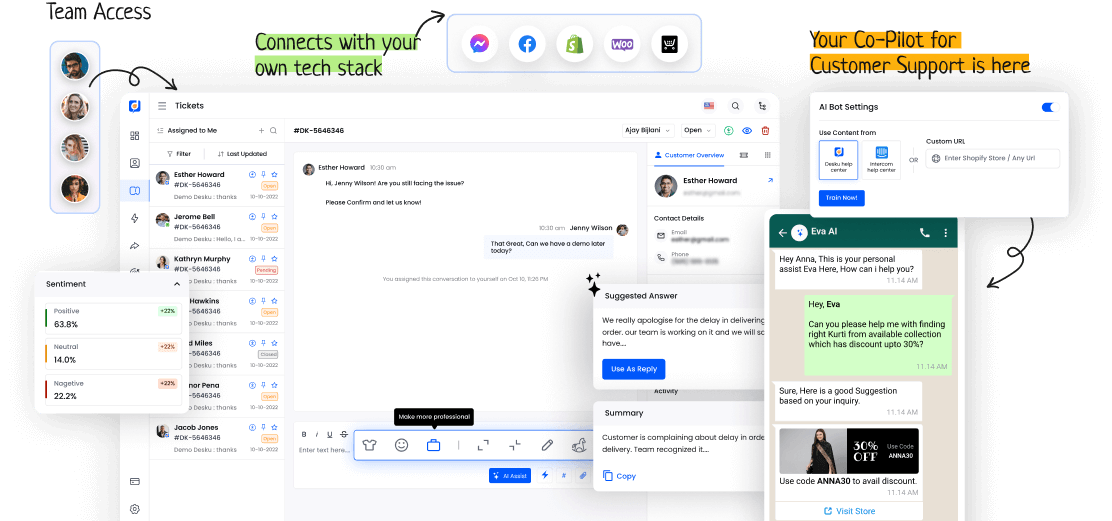In today's business world, Customer Relationship Management (CRM) is key. It's not just about storing data. It's a strategy businesses use to build strong ties with their customers.
So, what is CRM, and how does it help organizations? By exploring CRM's main ideas and features, we can see a place where businesses and customers don't just interact, they thrive together.
I. Understanding CRM: Basic Definition
Customer Relationship Management (CRM) is a business strategy. It's about managing interactions and relationships with customers.
CRM has benefits. These include better customer satisfaction, stronger customer loyalty, and more revenue.
CRM has key features. These are contact management, sales automation, and customer service tools.
Businesses use CRM to make processes simpler, make interactions more personal, and build stronger relationships with customers over time.
II. CRM: Importance in Business
Customer Relationship Management (CRM) holds a key place in today's businesses. It builds lasting ties and boosts overall work efficiency and profits.
It is crucial for keeping customers and growing sales. By using CRM tactics, businesses can manage talks with current and potential customers well.
This leads to greater loyalty, better customer happiness, and in the end, more sales.
III. Implementing CRM: Key Strategies
Putting good CRM strategies to work is key for boosting customer involvement and sparking steady business growth.
Making the most of data is crucial for grasping customer likes, actions, and exchanges. Using this refined data, businesses can shape their products or services to fit customer needs well.
This customized method boosts customer involvement, builds loyalty, and in the end leads to greater profits and lasting success.









